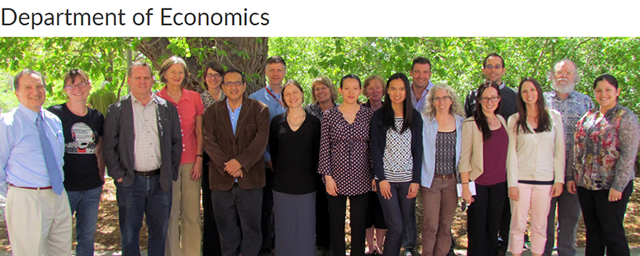
Economics ETDs
Publication Date
Spring 7-1-2024
Abstract
I present three essays that contribute to understanding the secondary costs and benefits associated with programs that address homelessness and substance use disorder (SUD) treatment. The first essay investigates whether homeless shelters impact property values. Despite anecdotal claims of property devaluation, endogeneity challenges limit empirical research on homelessness programs. Using data from the Department of Housing (HUD) and Seattle’s King County Department of Assessment, I address these challenges using spatial difference-in-differences methodology, revealing nuanced effects favoring permanent supportive housing. The second essay leverages the Built for Zero program to examine the link between homelessness and crime. Analyzing HUD and crime data, I find that reducing homelessness through targeted programs could temporarily increase crime due to transitional costs. The third essay assesses the economic benefits of recovery support services for SUD. Based on New Mexico Medicaid claims data, it showcases cost savings from lower Medicaid billing charges. These findings contribute to understanding and solving housing and SUD treatment challenges.
Degree Name
Economics
Level of Degree
Doctoral
Department Name
Department of Economics
First Committee Member (Chair)
Brady Horn
Second Committee Member
Xiaoxue Li
Third Committee Member
Robert Berrens
Fourth Committee Member
Janet Page-Reeves
Language
English
Keywords
Homelessness, Shelters, Property Values, Built for Zero, Crime, Recovery Support, Medicaid Costs, Seattle, New Mexico, Permanent Supportive Housing
Document Type
Thesis
Recommended Citation
Sitti, Rex W.. "Essays on the Societal Impacts of Housing Programs and Substance Use Disorder Treatment." (2024). https://digitalrepository.unm.edu/econ_etds/161
